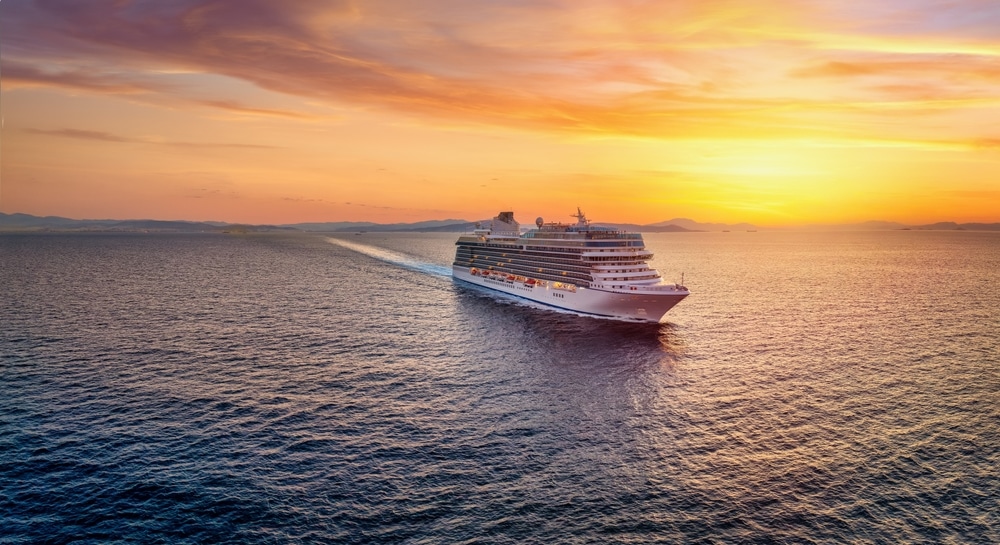After an unexpected tragedy during a cruise, what are the next steps?
Exploring the world by sea has surged in popularity.
With nearly 38 million travelers expected to embark on a cruise this year, a variety of options—from intimate riverboats to sprawling mega-ships—highlight the convenience and comforts of this mode of travel. However, as these floating cities cater largely to an older demographic, it’s essential to understand the protocols in place should a passenger face the ultimate tragedy. This article will unravel what to expect if someone passes away during a cruise vacation.
Onboard Support Services
From navigating dining experiences to arranging excursions, a cruise ship’s crew is dedicated to ensuring a seamless travel experience. But beyond these visible services lies a specialized team trained to handle emergencies, including medical crises. In the unfortunate event of a passenger’s death, these professionals are prepared to act quickly and compassionately.
“While the loss of a loved one while traveling is uncommon, cruise lines have protocols in place for reporting and treating the deceased with dignity. Our goal is to provide family support during such a difficult time,” stated a representative from the Cruise Lines International Association (CLIA).
Handling Emergencies
When medical emergencies arise, patients are typically rushed to the ship’s medical facility. Should a death occur, the deceased is placed in a ship’s morgue, located in a discreet, refrigerated area, until further arrangements can be made. Care teams are activated to serve as liaisons between the cruise line and the grieving family, offering logistical support and ensuring sensitivity towards all passengers.
Reporting and Investigative Procedures
According to recent statistics from the U.S., there are around 205 deaths on cruise ships each year. The majority are due to natural causes, while a small fraction—about five—are classified as suspicious or crime-related. In these instances, specific protocols must be followed.
If a death occurs onboard a ship bound for an American port, the Centers for Disease Control necessitates immediate reporting to the nearest quarantine station. Should foul play be suspected, the ship’s captain is obliged to inform the FBI, who will conduct an investigation, sometimes in tandem with the Coast Guard.
International incidents, such as those occurring in another country’s waters, can complicate matters legally, as local authorities typically take charge of investigations. In cases of death at sea within international waters, the ship’s registry nation manages reporting and inquiries.
Arranging Repatriation
After a tragedy, the primary concern for the family is often returning their loved one’s body home. Cruise lines recognize this emotional burden and treat such situations with the utmost care.
“Families will have various options for addressing the repatriation of their loved one,” explains maritime attorney Jason Margulies. “They might choose to delay the release of the body until the ship returns to its home port.”
However, the financial implications can be daunting. Costs associated with repatriation can soar into the tens of thousands, and while cruise lines are not mandated to cover these expenses, some may offer assistance, especially in cases of negligence.
Proactive Measures for Travelers
While the prospect of a death occurring during a cruise is rare, having a plan in place can alleviate some distress. Health is pivotal, so ensure you receive a thorough medical check before your cruise, especially if voyages will lead to isolated waters. Keep copies of essential documents, and always consider securing travel insurance that includes repatriation coverage.
“A cruise can be a splendid experience unless something goes awry,” Margulies notes. “Taking precautionary steps can prevent potentially dire situations from escalating.”
Embarking on a cruise should be a cherished adventure. However, being prepared for unforeseen circumstances demonstrates prudence and can significantly ease a family’s burden in challenging times. Through awareness and planning, travelers can focus on what truly matters: enjoying the voyage ahead.





























